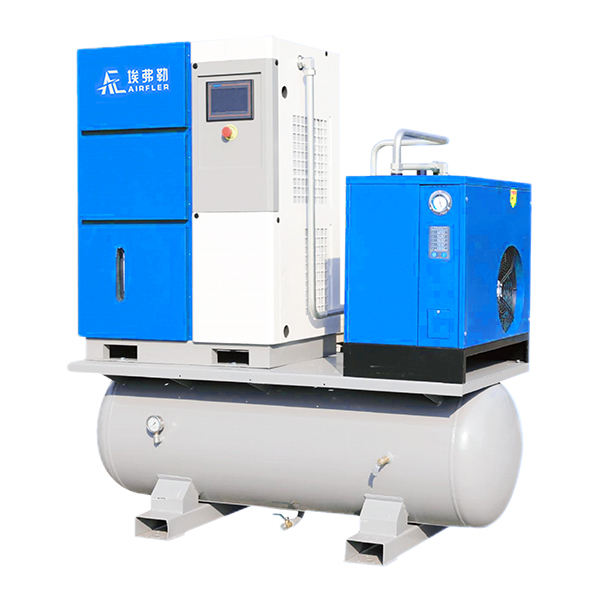Tariff wars, a hallmark of modern trade disputes, continue to reshape global commerce, creating both turbulence and opportunities for businesses. Recent escalations, particularly between major economies, have underscored their far-reaching consequences.
1. Economic Fallout for Importing Nations
Importing countries face rising costs as tariffs inflate prices for consumers and manufacturers. For instance, U.S. tariffs on foreign goods have led to higher retail prices, squeezing household budgets and fueling inflation. Industries reliant on imported components, such as automotive and electronics, grapple with disrupted supply chains and margin pressures.
2. Exporters Under Pressure
Export-oriented economies, like China, confront reduced competitiveness in tariff-heavy markets. However, this has accelerated domestic reforms, including supply chain diversification and investments in high-tech sectors to reduce dependency. Meanwhile, retaliatory tariffs from affected nations further strain bilateral trade.
3. Global Supply Chain Reconfigurations
Tariff wars have forced companies to rethink global supply chains. Southeast Asia and Eastern Europe are emerging as alternative manufacturing hubs, though challenges like infrastructure gaps and skill shortages persist. Businesses leveraging independent e-commerce platforms (e.g., dedicated trade websites) gain agility to pivot markets swiftly.
4. Long-Term Strategic Shifts
Localization: Countries are incentivizing domestic production through subsidies, but high costs and labor shortages hinder rapid reshoring.
Sustainability Focus: Green technologies and energy-efficient practices are becoming trade differentiators, aligning with global ESG trends.
Digital Trade: Independent e-commerce platforms empower businesses to bypass traditional tariff-ridden channels, fostering direct consumer engagement.
Outlook: A Self-Defeating Cycle?
Many analysts argue that prolonged tariff wars risk backfiring. For example, U.S. tariffs intended to boost domestic manufacturing have instead raised consumer prices and strained industries reliant on Chinese imports, with minimal job gains. Meanwhile, China’s retaliatory measures and multilateral alliances (e.g., Belt and Road partnerships) underscore a shift toward diversified trade networks.
Key Takeaway:
While tariff wars create short-term disruptions, they also drive innovation in supply chain resilience and digital trade strategies. Businesses must prioritize agility, market diversification, and compliance with evolving regulations to thrive.
 English
English 简体中文
简体中文 French
French English
English Portuguese
Portuguese Russian
Russian Spanish
Spanish






